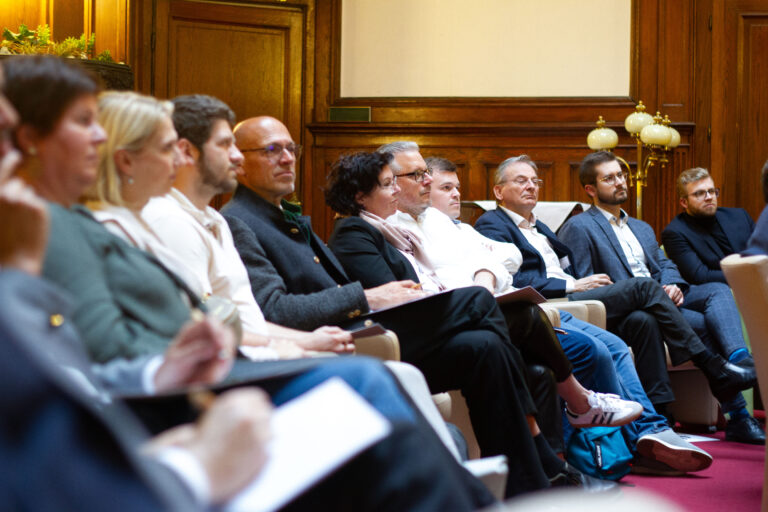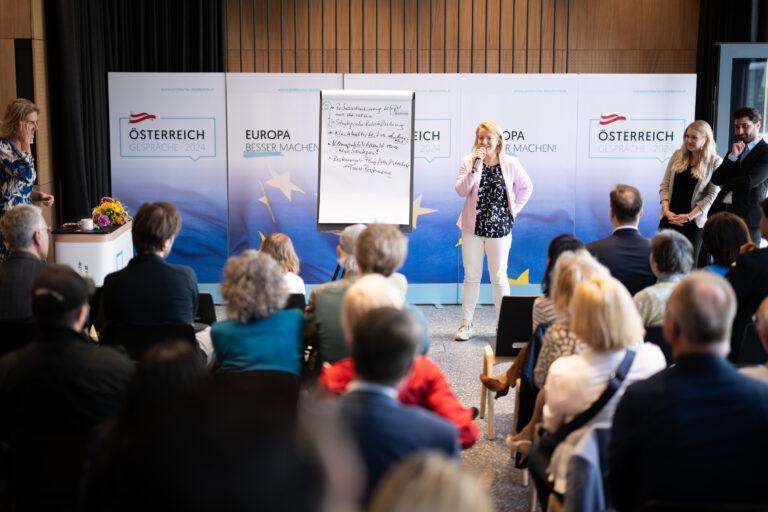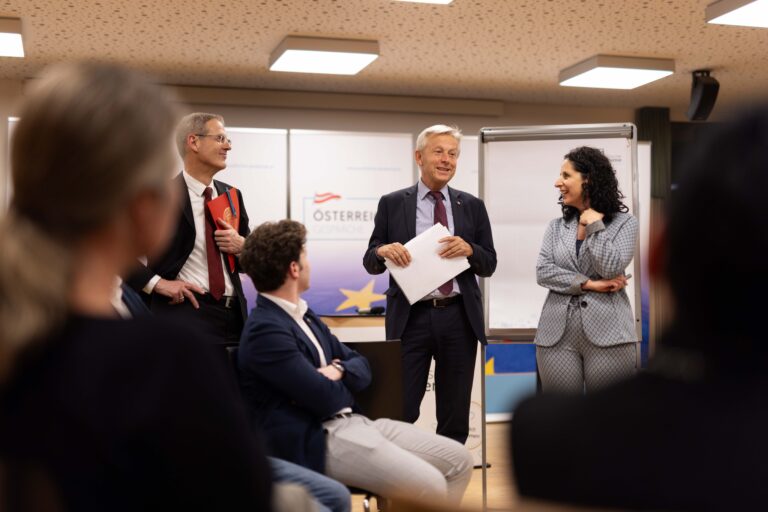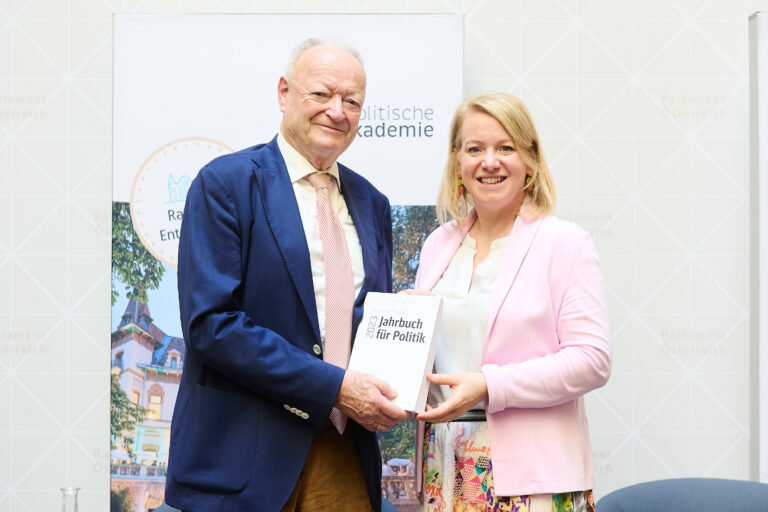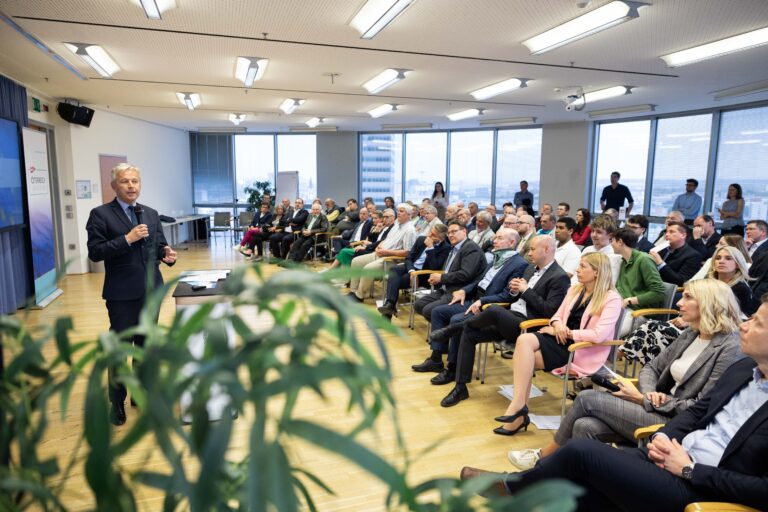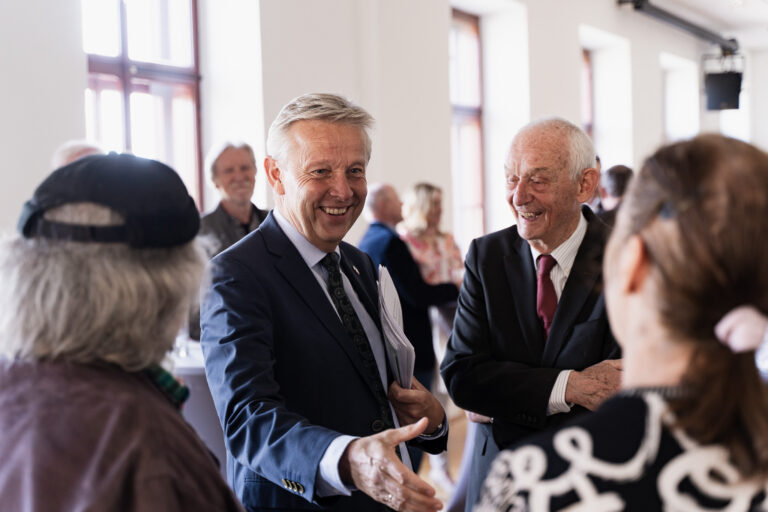Michael Borchard, head of scientific services at KAS Berlin, Johannes Guger, head of social affairs and volunteering at the Red Cross and Veronica Delibaltova, expert on voluntary initiatives at the Institute for social Integration Bulgaria, discussed about those new forms, on their effects on social cohesion and democracy and how policy makers can promote and enhance them.
You can watch the whole event in the video below, here you can find the key statements of the event
- Voluntariness – especially in middle Europe – has changed: not only traditional long term engagements can be found but also short termed but labour intensive volunteer work in times of need like the corona-crisis. New technologies have helped organizing volunteer wor
- Voluntariness cannot be forced into frames, it can only be supported by policy makers. For example by reducing bureaucracy and promoting family and education policy.
- The integration of as many people as possible into decision-making processes narrows the gap between politics and society


